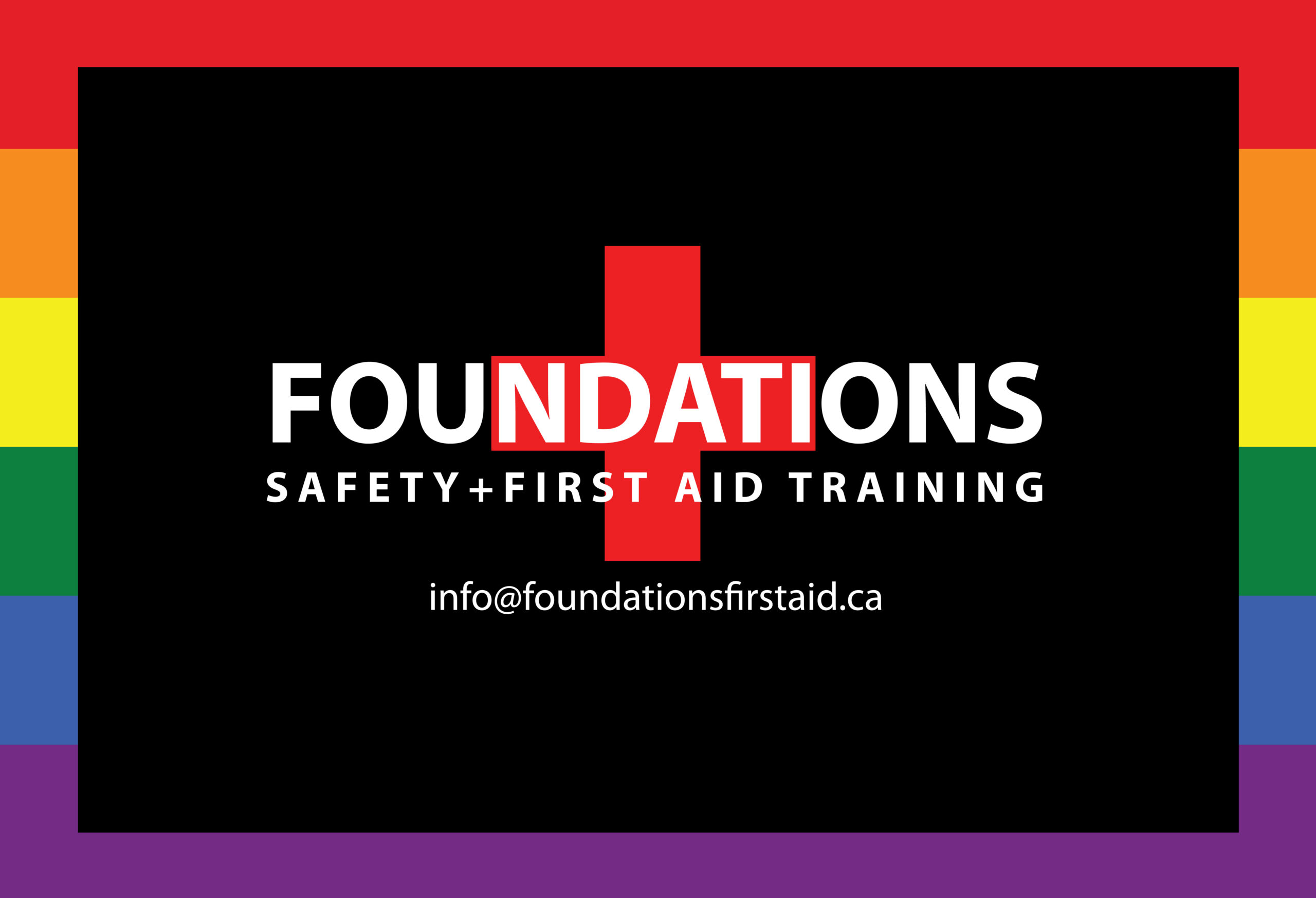Participants will gain the advanced first aid and CPR skills required to work and respond to emergencies in remote or wilderness settings, and to provide urgent evacuation and, at times, extended care for five or more days until organized health care can be accessed. Participants will develop advanced leadership and rescue decision-making skills, as well as extrication, and use of professional tools and resources. A significant part of the course is taught in an outdoor setting and requires greater physical activity and endurance than typical first aid training.
Duration
- 80 hours
Audience
- Rescuers who specialize in decision-making, evacuation, and transport in a remote or wilderness setting. Suitable for those who work in remote emergency services, remote worksites, ski patrol, search and rescue etc.
Prerequisites
- Participants must be at least 16 years of age and in good health and physical condition.
Completion Criteria
- Ability to comprehend and successfully demonstrate the skills
- Ability to complete a written, closed book knowledge evaluation with a minimum mark of 75%
- Must meet additional legislative requirements, if applicable
- Participants must attend and participate in 100% of the course
Certification
- 3-year certification in Wilderness First Responder and 1-year certification in Basic Life Support (digital certificate issued upon successful completion).
Recertification
- 40 hours of teaching time
- Proof of current recognized Wilderness First Responder certification (or as legislation dictates) required
- Must have access to the most current CRC Wilderness First Responder participant materials
Course Content
- The Wilderness First Responder
- Planning and responding to the call
- Infection prevention and control
- Anatomy and physiology
- Scene assessment
- Primary, secondary, and ongoing assessments
- Airway management and respiratory emergencies
- Circulatory emergencies
- Cardiopulmonary resuscitation (CPR)
- Shock
- Hemorrhage and soft tissue trauma
- Musculoskeletal injuries
- Chest, abdominal, and pelvic injuries
- Head and spinal injuries
- Acute and chronic illnesses
- Poisoning
- Wildlife and environmental illnesses
- Pregnancy, labour, and delivery
- Special populations
- Mental and emotional health and wellness
- Reaching, lifting, and extricating patients
- Extended care
- Transportation and arranging transfer
- Multiple-casualty incidents
- Pharmacology
- Occupational health and safety and workplace considerations
Participant Materials
- Wilderness & Remote Field Guide
- Emergency Care for Professional Responders Text
- Basic Life Support Field Guide
- Canadian Red Cross First Aid App
